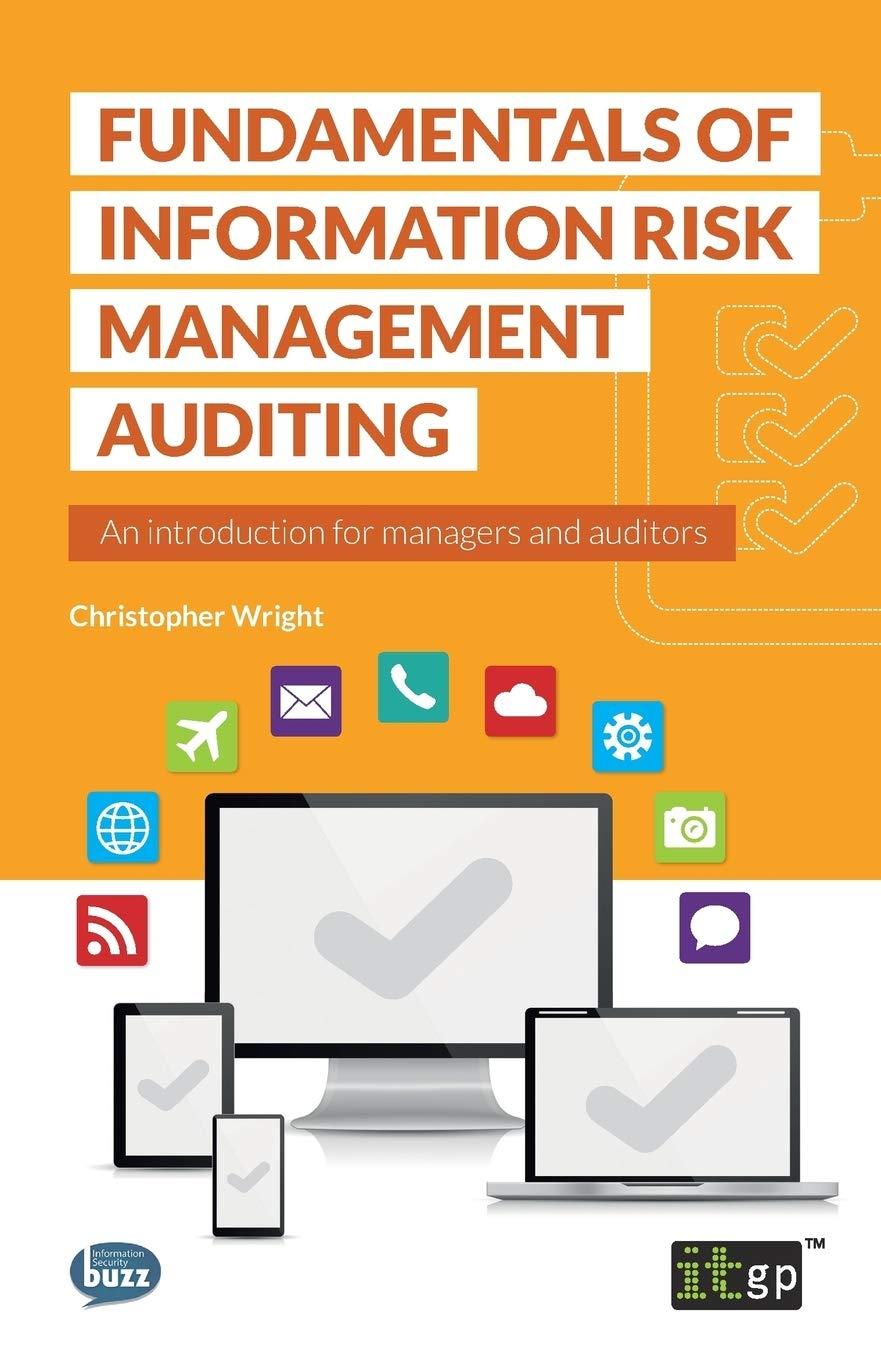| b. Fa 2. An adjusting entry was made on the last day of the previous fiscal year debiting Wages Expense and crediting Wages Payable. If a reversing entry has been made, then at the time of payment | | a. the accountant will debit Wages Payable and Wages Expense, and credit Cash. | | | | | b. the accountant will debit Cash and credit Wages Expense. | | | | | c. the accountant needs to find out how much of the payment applies to the current period and how much applies to the previous period. | | | | | d. the accountant will debit Wages Expense and credit Cash. | | 3. Which of the following accounts is increased with a credit? | | | | | | | | d. Unearned Revenue 4. The account 'Wages Payable' would appear on the income statement. | a. True | | | b. Fals 5. Which of the following might be motivation for fraudulently covering up a financial weakness? | | | | b. to obtain bonus compensation | | | | | c. to meet stockholder expectations | | | | | d. all of these are possible motivations 6. An important purpose of closing entries is to | | a. set permanent account balances to zero to begin the next period. | | | | | b. help achieve the goals of the matching principle. | | | | | c. transfer net income or net loss to the owner's Capital account. | | | | | d. update the nominal accounts at year end. 7. Which of the following is not one of the conditions for recognition of an expense? | | a. The goods or services are used to produce revenue. | | | | | b. A price has been established or can be determined. | | | | | c. The goods will be delivered or the services will be provided within the accounting cycle. | | | | | d. There is an agreement to purchase goods or services. 8. For a T account, an account balance is the difference in total dollars between total debit footings and total credit footings. | a. True | | | b. False 9. The matching rule relates the least to | | a. revenues and expenses. | | | | | b. a direct relationship between expenses and revenues. | | | | | c. the cash basis of accounting. | | | | | d. income measurement. 10. The heading of a work sheet might contain the line "As of February 28, 20x5." | a. True | | | b. False 11. All decreases in owner's equity are a result of expenses. | a. True | | | b. False 12. Failure to record depreciation at year end will result in all of the following except | | a. understatement of total liabilities. | | | | | b. overstatement of total assets. | | | | | c. overstatement of owner's equity. | | | | | d. overstatement of net income. 13. Which of the following transactions results in an increase in revenues? | | a. Receipt of accounts receivable. | | | | | b. Receipt of principal from a bank loan. | | | | | c. Delivery of a service in exchange for future payment. | | | | | d. Purchase of inventory. 14. Which of the following accounts would not be closed? | | | | b. Accumulated Depreciation - Equipment | | | | | | | d. Interest Expense 15. Accounting periods should be of equal length to facilitate comparisons between periods. | | | | | | | | | | | | | | | | | | | | | | | | | | | |






